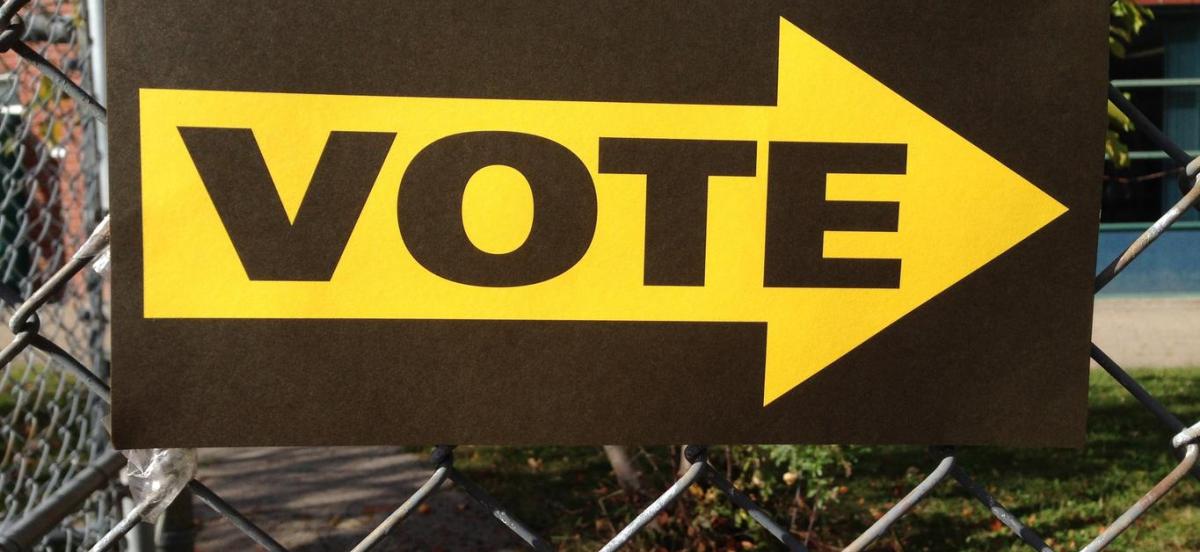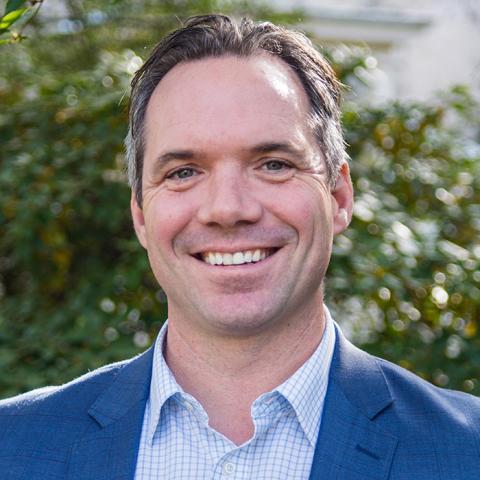American Democracy: One Person, One Vote and The Fight for Structural Reform

Details
As the United States nears its 250th birthday, whether we can achieve the founding aspiration of political equality is an open question. The Electoral College, the Congress, the Supreme Court, and state legislatures nationwide face challenges crying out for solutions. Join organizers, activists, scholars, and lawyers who have spent decades advancing the fight for an America that honors a simple and straightforward democratic principle: one person, one vote.
- Why do we elect the president with an Electoral College system that values voters in “swing states” more than voters in “safe states”?
- How has gerrymandering changed the nature of the “People’s House” and state legislatures, and how might it be fixed?
- Fourteen states are expected to hold 70 percent of the US population by 2040. Is the Senate's model of representation, which gives every state two votes regardless of population, still relevant?
- In a representative democracy, how is it that one of our three powerful branches - the Supreme Court - is led by a majority that has been appointed by presidents who lost the popular vote?
- How can we pass major structural reform through teetering institutions during dangerously polarized times?
Join us in Stokes Auditorium, Tuesday, October 4, from 4:15 - 5:45. Speakers Include:
- Representative Malcolm Kenyatta, Pennsylvania State Legislature, District 181
- Rob Richie ‘86, President and CEO, FairVote
- Cynthia Richie Terrell, Executive Director, RepresentWomen
- Armin Samii, March on Harrisburg
- The discussion will be moderated by Haverford College Professor and Chair of Political Science Zachary Oberfield
This conversation will clarify how values commitments are implemented in practice, focusing on the practical politics of advancing meaningful change. FairVote, for example, is closely associated with ranked choice voting as recently used in Alaska. The practice is now used in more than 50 cities. Advocates for ranked choice voting point out that the process shifts the electoral process to better embody a Quakerly notion of ensuring more voices are reliably heard.




